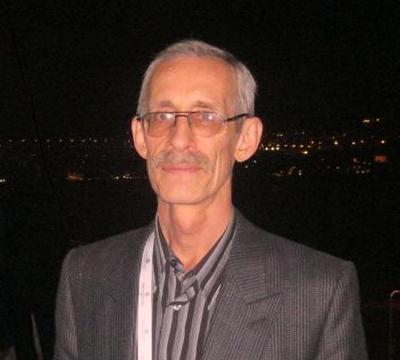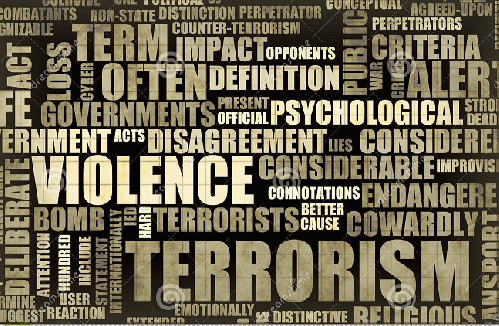Interview with Kayhan News
1/ What are the most serious internal and external threats facing Europe today, including threats from Russia?
The growing domestic polarization from failed neoliberalism extends across borders, and has become the common characteristic of Greeks and Irish, French and Italians. Only Germany is strong, destroyed in WWII and rebuilt as an industrial powerhouse. Its strong economy keeps it secure. But security now means security of life, and the EU does not promise this kind of security. It is neoliberalism in the first place that is the threat to security for citizens.
The flood of refugees into Europe is the external security issue created by the US-European policy to undermine Syria. Europe has no external enemies threatening its security. It created this refugee crisis through its blind following of the US goal of overthrowing the Syian regime. The threat of terrorism arising from the Syria tragedy will haunt Europe for decades. The foolish attempt to overthrow the secure, nonthreatening Syrian regime cannot be undone. Like the invasion of Iraq in 2003 and overthrow of Gaddafi in Libya in 2011, the attempt to push Syria into chaos was a product of imperial hubris. None of these schemes achieved their desired end of furthering US world power.
The choice of Trump over Clinton as president shows the desperation of the American people, tired of foreign nightmare wars, with no victory on the horizon, creating insecurity where there was none. Trump's call to end foreign wars, whether or not he can achieve that, was the major policy difference that gave him the edge. What he will choose to do concerning Israel and Palestine is still unclear, but Netanyahu pays no attention to critics, so things can hardly get worse.
The other call by Trump is to make peace with Russia. This will undermine the continued Cold War mentality to cripple Russia and prevent Eurasian integration. If this happens, talk of another arms race, of renewing nuclear weapons testing, makes no sense. Given the increase in global environmental disasters, there will be other things to occupy the US, and it will need cooperation rather than confrontation.
2/ How and to what extent do the return of European militias from Iraq and Syria to their lands and the wave of terrorist attacks on Europe challenge European security order?
This is unclear, as statistics about actual numbers of Europeans involved in the Syrian and Iraq militant insurgencies is not known. It is probably exaggerated as part of the attempt to lay blame for increased terrorism on Muslim discontents, rather than US-European policies and their blowback. Terrorism is nothing new. The current wave of terrorism emanates from US and Israeli sources, their aggression against the Muslim world. It started with the slow invasion of Palestine over the past 50 years, reached a climax in Afghanistan in the 1980s, and will continue as long as the Arab world suffers under the dual aggressors. A few malcontents may cause occasional sensational outbursts, but they are merely a symptom of the underlying problem. There will never be peace until a sense of dignity is restored in the Middle East and the US ends its imperial lust.
3/ What is the future of security ties between Europe and the US during Trump presidency?
Trump is still a black box. He has portrayed himself as a 'bull in a china shop', lashing out at the sad state of US democracy and the economy. His only clear message is to make peace with Russia, with his appointment of the more pro-Russian businessman Rex Tillerson as secretary of state. Hopefully, it will lead to a new, more rational US foreign policy, and should be favourable to all nations, though Israel's present chauvinistic political leadership will not be happy. There really is no need for US interference in European affairs. Europe is secure, as is the US. It is US-European meddling in the Middle East that is the source of insecurity. Trump's policy of self-reliance, of 'making America great' again, will rebound in Europe, as it finally shakes off its Cold War false unity.
4/ What are possible European strategies to deal with security threats?
Europe is moving toward more nationalistic politics. Europeans, like Trump, are eager for change. The only way to improve internal security (there is no external security threat to Europe) is to reverse course on Syria and Israel. The western policies undermining Syria and lack of hope for a settlement in Palestine are the main source of terrorist threats.
http://kayhan.ir/fa/news/96091
(Note: You can view every article as one long page if you sign up as an Advocate Member, or higher).






